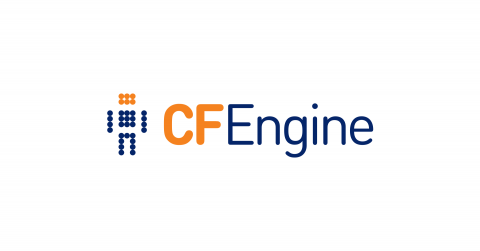Mastering Terraform: From Beginner to Expert
Terraform is an open-source infrastructure as code (IaC) software tool created by HashiCorp. It allows users to define and provision data center infrastructure using a high-level configuration language known as HashiCorp Configuration Language (HCL) or optionally JSON.











